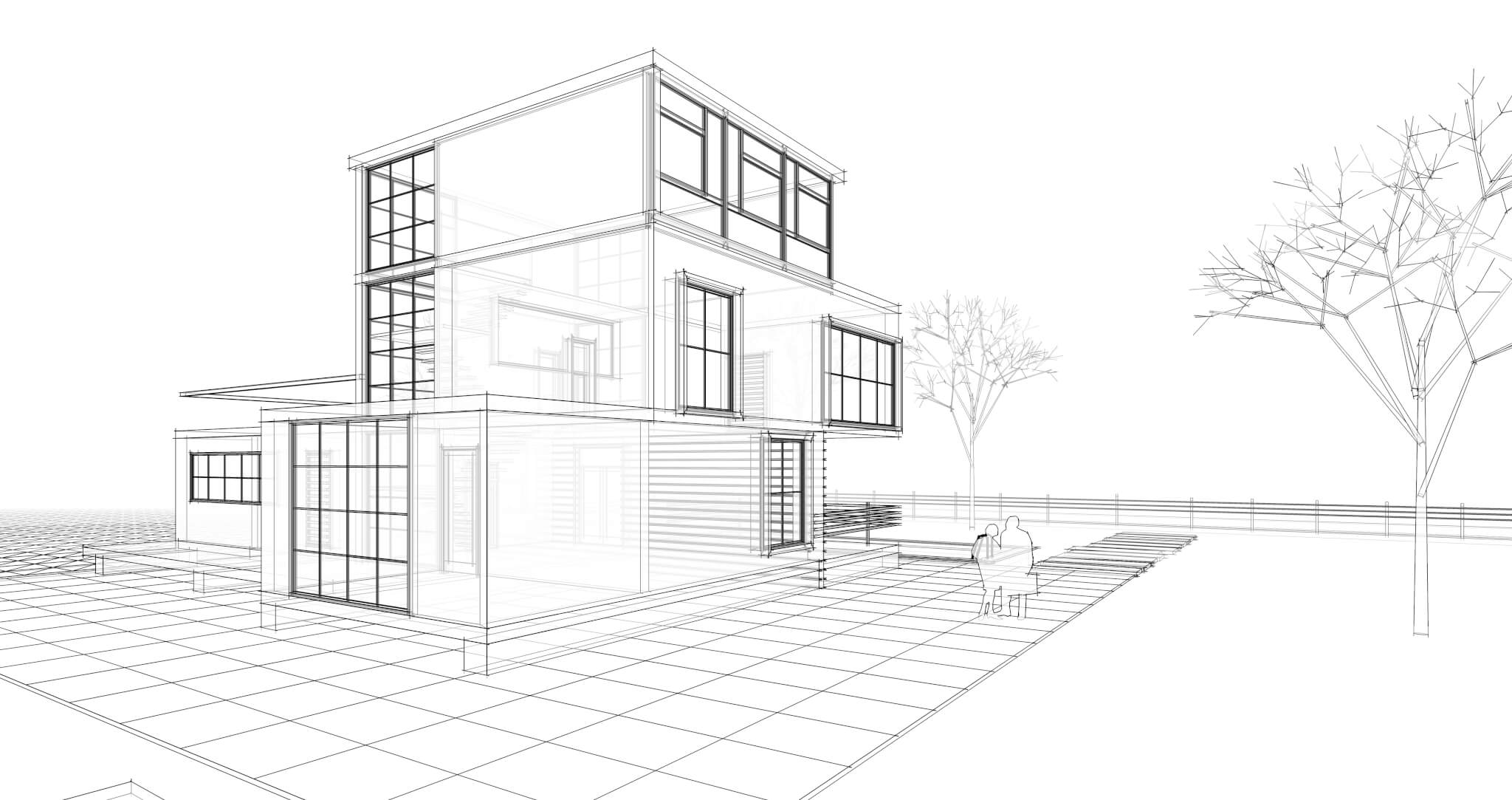April 7, 2023
Sustainable modular construction offers an innovative and environmentally responsible approach to building. By assembling modules offsite and transporting them for onsite installation, this method significantly enhances efficiency while reducing environmental impact. Compared to traditional stick-built construction, modular techniques promote sustainability through waste reduction, material reuse, and improved transportation logistics. Below, we explore key ways modular construction contributes to sustainability in the building sector.
Minimizing Waste Through Offsite Construction
One of the most significant advantages of modular construction is its ability to generate less waste than conventional building methods. Since much of the work occurs in a controlled factory environment, excess materials are efficiently recycled and repurposed. Instead of discarding unused materials, they can be re-inventoried and stored for future projects, reducing landfill waste and promoting circular construction practices.
Reusability of Modular Components
At the end of a building’s lifecycle, modular components can often be disassembled and repurposed for new projects. Unlike traditional demolition, which results in massive amounts of waste ending up in landfills, modular buildings allow for the recovery and reuse of structural elements. This reduces the demand for raw materials and lowers the energy required to construct new buildings, making modular construction a more sustainable alternative.
Incorporating Renewable and Eco-Friendly Materials
Sustainable modular construction integrates environmentally friendly materials, such as recycled steel and bamboo, which have a lower carbon footprint compared to traditional materials. Bamboo, for instance, grows naturally and requires minimal processing, reducing manufacturing emissions. By prioritizing materials that are recyclable, renewable, and low-emission, modular construction enhances durability while maintaining environmental responsibility.
Enhancing Transportation Efficiency
Transporting fully constructed modules to the building site reduces the need for multiple deliveries of raw materials, equipment, and labor throughout the construction process. Fewer transportation requirements mean lower carbon emissions, reduced traffic congestion, and minimized site disturbances. This streamlined logistics approach makes modular construction a more energy-efficient and eco-conscious building solution.
A Sustainable Future with Modular Construction
Modular construction stands out as a forward-thinking method that supports sustainable building practices. By leveraging recyclable and reusable materials, minimizing waste, and improving transportation efficiency, this approach aligns with the growing need for eco-friendly construction solutions. As sustainability remains a top priority in the industry, modular construction proves to be an ideal choice for both commercial and residential developments.
For those working on green building projects, the AIA Document E204-2017 Sustainable Projects Exhibit provides valuable guidance on sustainable design and construction. This document supports various sustainability objectives, including achieving certifications such as LEED® (Leadership in Energy and Environmental Design) and integrating performance-based sustainability measures. By adopting sustainable modular construction, the industry can take significant steps toward reducing environmental impact and promoting a more resilient built environment.
AIA Contract Documents has provided this article for general informational purposes only. The information provided is not legal opinion or legal advice and does not create an attorney-client relationship of any kind. This article is also not intended to provide guidance as to how project parties should interpret their specific contracts or resolve contract disputes, as those decisions will need to be made in consultation with legal counsel, insurance counsel, and other professionals, and based upon a multitude of factors.

